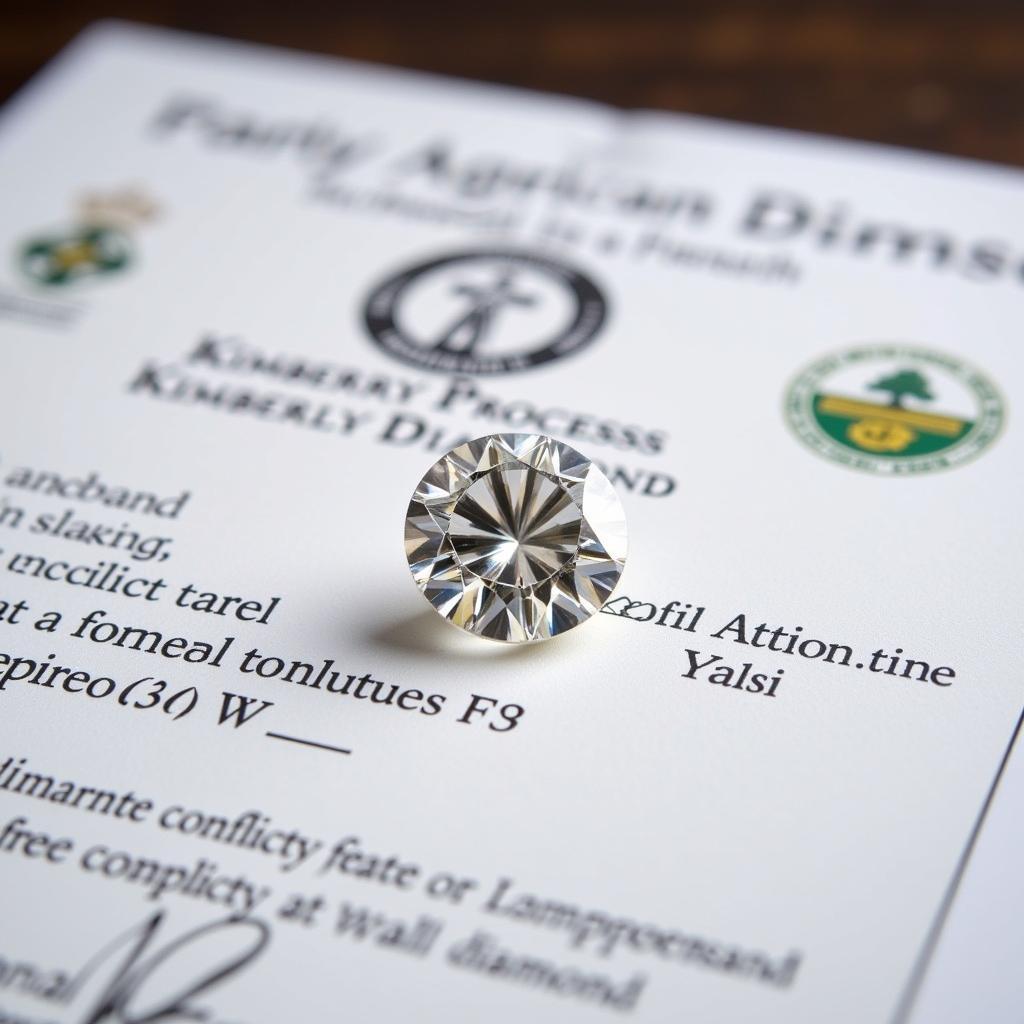Navigating African and Eastern Timings
Understanding African And Eastern Timings can be crucial for businesses, travelers, and anyone communicating across these regions. With Africa spanning multiple time zones and the “East” encompassing a vast geographical area, coordinating schedules requires careful consideration. This guide explores the intricacies of African and Eastern time differences, offering practical advice for seamless communication and collaboration.
Decoding African Time Zones
Africa boasts a remarkable diversity, reflected in its four primary time zones: GMT, GMT+1, GMT+2, and GMT+3. From the bustling markets of Lagos operating on West Africa Time (WAT – GMT+1) to the vibrant streets of Nairobi following East Africa Time (EAT – GMT+3), accurate time conversion is essential. Unlike many continents with larger, unified time zones, Africa’s time is much more localized, reflecting the continent’s vastness and the unique rhythms of life in different regions. This complexity makes understanding African and Eastern timings even more vital.
West Africa Time (WAT)
Many West African nations, including Nigeria, Ghana, and Côte d’Ivoire, follow WAT. This time zone is one hour ahead of Coordinated Universal Time (UTC). Knowing this helps schedule meetings, phone calls, and events involving these countries.
Central Africa Time (CAT)
Countries like Angola, Zambia, and the Democratic Republic of Congo observe CAT, two hours ahead of UTC. Businesses operating across multiple African time zones need to be especially aware of this difference.
East Africa Time (EAT)
Kenya, Tanzania, and Uganda, among others, follow EAT. This time zone is three hours ahead of UTC. Coordinating with these countries often requires calculating the time difference from other regions carefully.
Navigating Multiple Time Zones within Africa
Even within Africa, scheduling can be challenging. For instance, a meeting between a company in Lagos (WAT) and one in Nairobi (EAT) requires a two-hour time difference adjustment. Effective communication relies on clarity and double-checking times.
Bridging the Gap with Eastern Timings
“Eastern timings” encompasses a broad range of time zones, from the Middle East to Asia and Australia. This necessitates even more precise time conversions when interacting with African countries. For example, someone in Dubai (Gulf Standard Time – GST, GMT+4) needs to factor in a one-hour difference when connecting with Nairobi (EAT) and a three-hour difference with Lagos (WAT).
Business and Collaboration Across Time Zones
For international businesses, understanding African and Eastern timings is paramount. Clear communication, scheduling tools, and considering cultural norms related to working hours are vital for successful collaborations.
Travel and Tourism: Planning Your Itinerary
Travelers navigating between Africa and Eastern countries also benefit from meticulous planning. Booking flights, arranging tours, and confirming local times are essential to avoid disruptions.
Dr. Anika Patel, a cultural consultant specializing in African business practices, emphasizes, “Respecting time differences demonstrates professionalism and cultural sensitivity. It’s crucial for building strong relationships and avoiding misunderstandings.”
Practical Tips for Managing African and Eastern Timings
- Utilize world clock tools and online converters.
- Clearly state the time zone in meeting invitations and communications.
- Be mindful of holidays and working hours in different regions.
- Consider using scheduling software that automatically adjusts for time zones.
What is the time difference between South Africa and Japan?
South Africa is GMT+2, while Japan is GMT+9, resulting in a seven-hour difference.
How do I calculate the time difference between East Africa and the Middle East?
Identify the specific Middle Eastern country and its time zone. Then, compare it to EAT (GMT+3) to calculate the difference.
Making Sense of African and Eastern Timings: A Conclusion
Navigating African and Eastern timings requires careful attention and a clear understanding of the various time zones involved. Whether for business, travel, or personal communication, precise time conversion is key to effective interaction. By applying the tips and insights provided here, you can bridge the time gap and foster seamless communication across these dynamic regions.
FAQ
-
What are the main time zones in Africa? Africa has four main time zones: WAT (GMT+1), CAT (GMT+2), EAT (GMT+3), and a small section observing GMT.
-
What does “Eastern timings” refer to? “Eastern timings” generally encompasses countries east of Greenwich, including those in the Middle East, Asia, and Australia.
-
What tools can I use to manage time zone differences? Online converters, world clock apps, and scheduling software can assist with time zone conversions.
-
Why is understanding these time differences important? Accurate time management is crucial for effective communication, successful business collaborations, and smooth travel experiences.
-
Are there cultural considerations related to time in these regions? Yes, understanding local customs regarding punctuality and working hours is important for building respectful relationships.
-
How can I find the exact time in a specific African or Eastern city? Use a reliable world clock tool or search online for the current local time.
-
Are there any resources for further information on African time zones? Yes, you can find more information online and through african countries timings.
Scenarios:
-
Scenario 1: Scheduling a video conference between a team in London and a team in Nairobi. London follows GMT, while Nairobi follows EAT (GMT+3). This means the London team needs to schedule their meeting three hours earlier than their Nairobi colleagues.
-
Scenario 2: Planning a trip from Dubai to Cape Town. Dubai follows GST (GMT+4) and Cape Town follows SAST (GMT+2). This means Cape Town is two hours behind Dubai. Adjust your itinerary accordingly.
Further Exploration
- Explore our articles on individual African countries for more detailed information on their specific time zones and cultural practices.
- Learn more about effective communication strategies for international business collaborations.
Kaka Magomere, a Tanzanian business consultant, notes, “Time is a valuable commodity in business. Accurate scheduling and prompt communication show respect and professionalism, particularly when dealing with international partners.”
When you need assistance, please contact us by Phone: +255768904061, Email: kaka.mag@gmail.com or visit our address: Mbarali DC Mawindi, Kangaga, Tanzania. We have a 24/7 customer support team.



